Praise for THE SORROWS OF EMPIRE
Chalmers Johnson is a legendary scholar....In this cri de coeur, he asks us to grasp, before it is too late, that Americas modern militarist empire threatens to destroy the democratic republic. His analysis is powerful and dreadfully persuasive.
William Greider, author of
The Soul of Capitalism: Opening Paths to a Moral Economy
When a nation falls into sinful ways, angry words and dire prognostications may be necessary to reawaken people to the truth. In Chalmers Johnson, the American empire has found its Jeremiah. He deserves to be heard.
Andrew Bacevich, The Washington Post Book World
Since the mainstream media have abdicated their responsibility to be watchdogs of government and to serve the public, books like The Sorrows of Empire are essential if we are to defend ourselves against the military-industrial-Congressional complex.
Janeane Garofalo
A fine guide to the way empire works ... Chalmers Johnson is particularly instructive on the institutions of American militarism, on the private military contractors who build and run the overseas bases and prisons, on the actual operations of the more than 725 American bases around the world, on the politics of oil and gas in the Caspian Basin and on the dominant political, military and economic presence in the states of the Persian Gulf.
Ronald Steel, The Nation
Superbly researched. San Francisco Chronicle
Johnsons book is a stunner. He blows away the Defense Departments cover story that our empire of military bases exists to support humanitarian intervention. Something funny is happening on the way to the American forum: citizens are discovering they have an empire they never wantedpaid for in casualties, with civil liberties the first victim.
Patrick Lloyd Hatcher, U.S. Army colonel (retired), author of The Suicide of an Elite: American Internationalists and Vietnam
Engaging and provocative ... The Sorrows of Empires warnings are serious, and its arguments should certainly be considered in the ongoing debate over American foreign policy.
James D. Fairbanks, Houston Chronicle
This isnt just another left-wing excoriation of George W. Bush. Johnsons searing indictments of U.S. policy transcend party lines and extend farther back than the 2000 election....Johnsons keen eye for historical comparisons is the books greatest strength.
Seattle Weekly
There is no more important book to read than The Sorrows of Empire. Like Rome, the United States today is struggling with the consequences of a permanent global military engagement, from which self-dealing political elites derive great benefits at the expense and ultimately the survival of Americas heretofore resilient republic.
Steven C. Clemons, executive vice president, New America Foundation
Chalmers Johnsons searing indictment of Americas flirtation with an imperial foreign policy should be required reading for all concerned citizens. The Sorrows of Empire is an extremely important and disturbing book.
Ted Galen Carpenter, vice president,
Defense and Foreign Policy Studies, Cato Institute
Precisely because hes probably right, Johnsons The Sorrows of Empire is as maddening as it is important.
Ted Rall, The San Diego Union-Tribune
Chalmers Johnsons relentless logic, authoritative scholarship, and elegantly biting prose distinguish The Sorrows of Empire, like all his other work. Anyone who reads it will have a much sharper sense of the costs of Americas new world-girdling commitmentsand I hope it is widely read.
James Fallows, author of Breaking the News
THE
SORROWS OF EMPIRE
ALSO BY CHALMERS JOHNSON
Peasant Nationalism and Communist Power:
The Emergence of Revolutionary China, 1937-1945
Revolution and the Social System
An Instance of Treason: Ozaki Hotsumi and the Sorge Spy Ring
Revolutionary Change
Change in Communist Systems (editor and contributor)
Conspiracy at Matsukawa
Ideology and Politics in Contemporary China (editor)
Autopsy on Peoples War
Japans Public Policy Companies
MITI and the Japanese Miracle: The Growth of Industrial Policy, 1925-1975
The Industrial Policy Debate (editor and contributor)
Politics and Productivity: How Japans Development Strategy Works
(with Laura Tyson and John Zysman)
Japan: Who Governs? The Rise of the Developmental State
Okinawa: Cold War Island (editor and contributor)
Blowback: The Costs and Consequences of American Empire
THE
SORROWS OF EMPIRE
Militarism, Secrecy, and the End of the Republic
CHALMERS JOHNSON


Owl Books
Henry Holt and Company, LLC
Publishers since 1866
175 Fifth Avenue
New York, New York 10010
www.henryholt.com
An Owl Book and  are registered trademarks
are registered trademarks
of Henry Holt and Company, LLC.
Copyright 2004 by Chalmers Johnson
All rights reserved.
Distributed in Canada by H. B. Fenn and Company Ltd.
Library of Congress Cataloging-in-Publication Data
Johnson, Chalmers A.
The sorrows of empire : militarism, secrecy, and the end of the Republic / Chalmers Johnson1st ed.
p. cm.
Includes index.
ISBN-13: 978-0-8050-7797-1
ISBN-10: 0-8050-7797-9
1. MilitarismUnited States. 2. Military-industrial complexUnited States. 3. United StatesMilitary policy. 4. United StatesForeign relations2001- 5. United StatesPolitics and government2001- 6. Civil-military relationsUnited States. 7. Imperialism. 8. Intervention (International law) 9. Official secretsUnited States. I. Title.
UA23.J5697 2004
2003056214
355.02 130973dc22
Henry Holt books are available for special promotions and
premiums. For details contact: Director, Special Markets.
First published in hardcover in 2004 by Metropolitan Books
First Owl Books Edition 2005
Designed by Fritz Metsch
Maps and graph by James Sinclair
Printed in the United States of America
7 9 10 8 6
CONTENTS
THE
SORROWS OF EMPIRE
PROLOGUE: THE UNVEILING OF THE AMERICAN EMPIRE
Our nation is the greatest force for good in history.
P RESIDENT G EORGE W. B USH ,
Crawford, Texas, August 31, 2002
As distinct from other peoples on this earth, most Americans do not recognizeor do not want to recognizethat the United States dominates the world through its military power. Due to government secrecy, they are often ignorant of the fact that their government garrisons the globe. They do not realize that a vast network of American military bases on every continent except Antarctica actually constitutes a new form of empire.
Our country deploys well over half a million soldiers, spies, technicians, teachers, dependents, and civilian contractors in other nations and just under a dozen carrier task forces in all the oceans and seas of the world. We operate numerous secret bases outside our territory to monitor what the people of the world, including our own citizens, are saying, faxing, or e-mailing to one another. Our globe-girding military and intelligence installations bring profits to civilian industries, which design and manufacture weapons for the armed forces or undertake contract services to build and maintain our far-flung outposts. One task of such contractors is to keep uniformed members of the imperium housed in comfortable quarters, well fed, amused, and supplied with enjoyable,
The new American empire has been a long time in the making. Its roots go back to the early nineteenth century, when the United States declared all of Latin America its sphere of influence and busily enlarged its own territory at the expense of the indigenous people of North America, as well as British, French, and Spanish colonialists, and neighboring Mexico. Much like their contemporaries in Australia, Algeria, and tsarist Russia, Americans devoted much energy to displacing the original inhabitants of the North American continent and turning over their lands to new settlers. Then, at the edge of the twentieth century, a group of self-conscious imperialists in the governmentmuch like a similar group of conservatives who a century later would seek to implement their own expansive agendas under cover of the war on terrorismused the Spanish-American War to seed military bases in Central America, various islands in the Caribbean, Hawaii, Guam, and the Philippines.
Next page
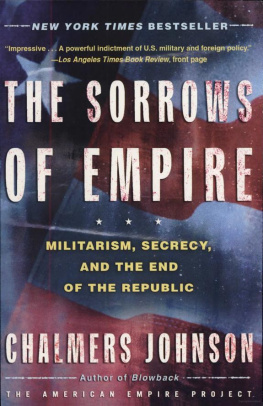
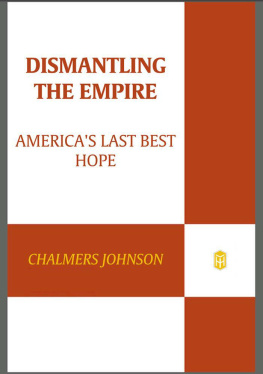

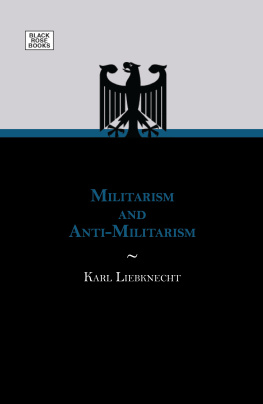
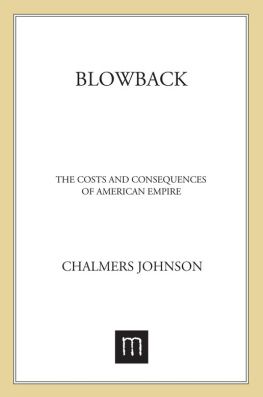
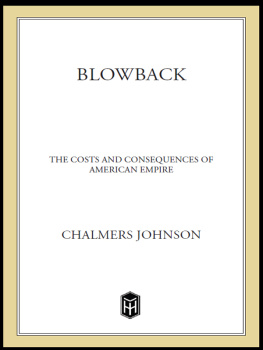
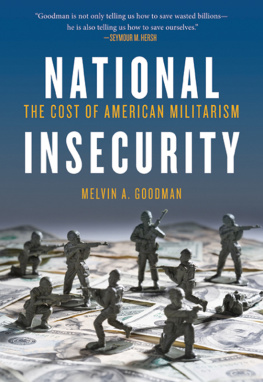
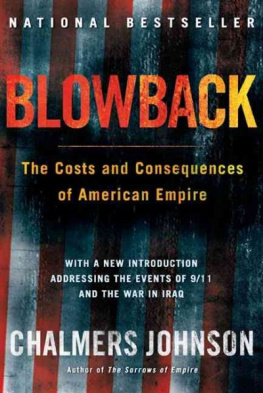


 are registered trademarks
are registered trademarks